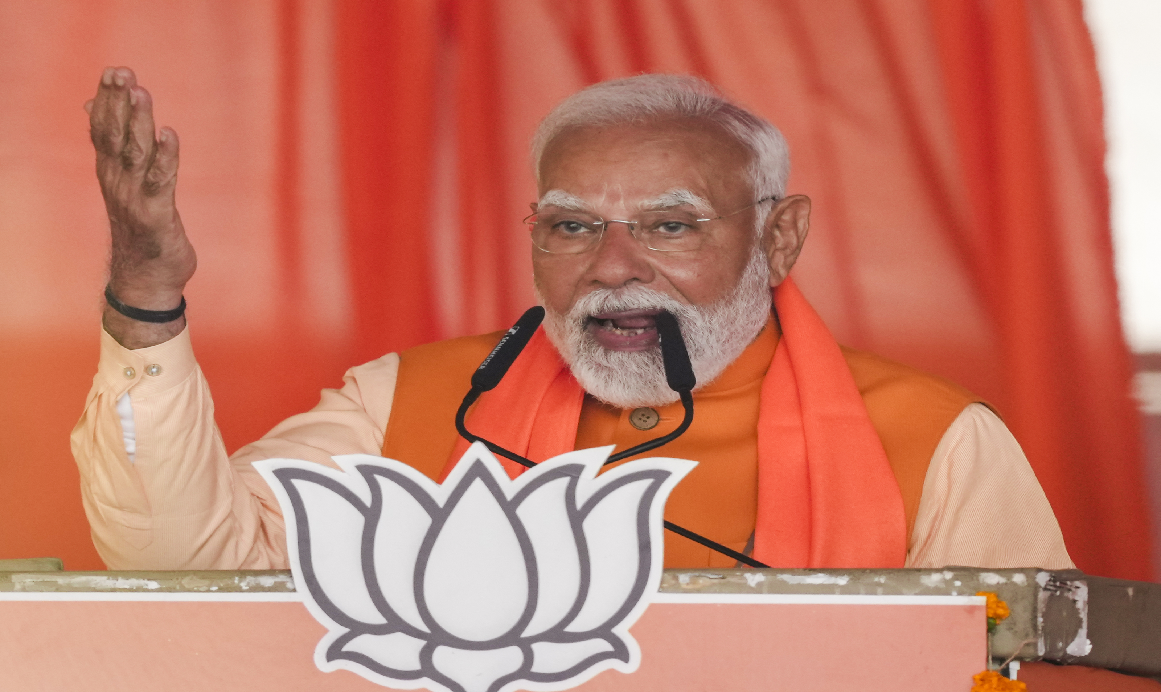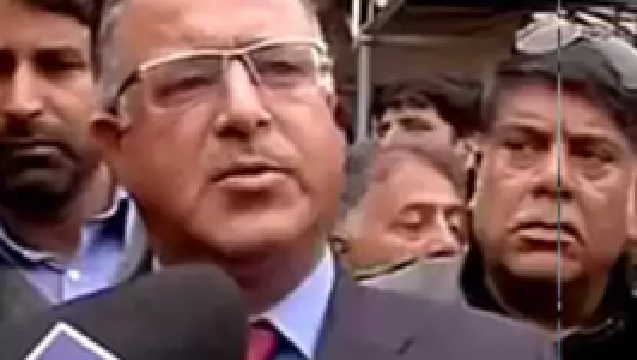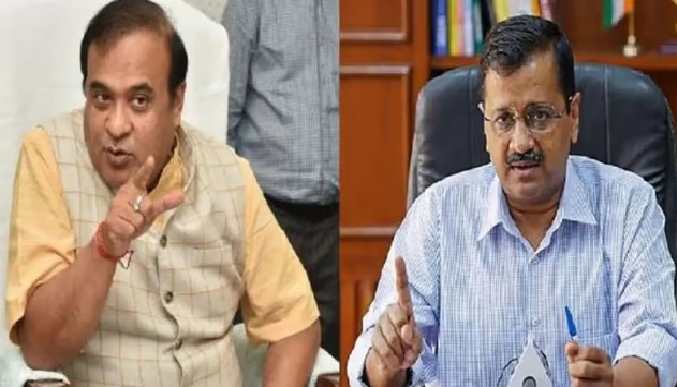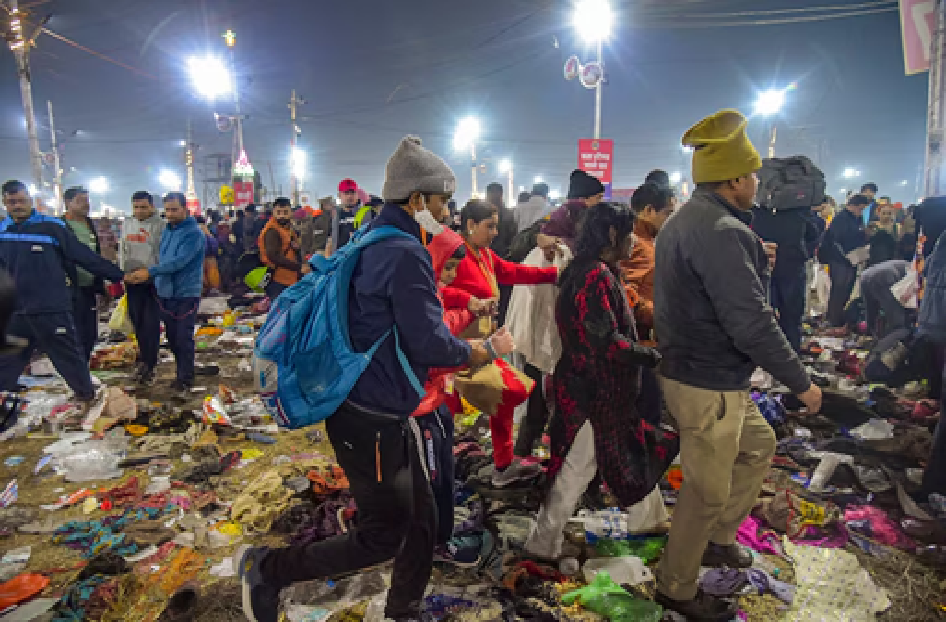
Can hate-mongering, divisiveness, curbing dissent be 'divinely ordained' acts?
New Delhi, NT Bureau: In a striking revelation during the election season, PM Narendra Modi claimed a divine origin, asserting that he was sent directly by god to carry out a celestial mission on earth.
This announcement, made in two separate interviews, has stirred significant controversy and debate across the political spectrum.
Modi’s initial claim emerged during an election-time interview where he attributed his boundless energy to his divine origin, stating he was not born of his mother but sent by god.
He elaborated further in another interview, attributing his achievements to “daivya shakti” or divine power. Modi suggested that he had only perceived his birth as biological while his mother was alive, but has since come to realise his divine descent.
The opposition has reacted sharply to these claims. Congress leader Rahul Gandhi derided the PM and said, "God sent Modi to help Adani and not the poor," while other opposition leaders criticised him for delusion and arrogance.
Without mincing any words, Karnataka CM Siddaramaiah mocked Modi and said, "Not even a single day, he (Modi) launched any programmes aimed at the poor, Dalits, backward classes, minorities, and unemployed. There should be equality among all and equal opportunity for all... has he taken efforts to achieve it."
Another Congress leader Shashi Tharoor asked a pertinent question: ‘Can a divine be eligible for Indian citizenship?’
However, critics may be missing the strategic timing and deeper implications of Modi’s statements. By aligning himself with divine power, Modi seeks to position himself and his deeds as beyond mere human effort, thus aiming to reinforce his political persona and BJP’s ideological foundation.
Modi’s declaration resonates with the BJP’s strategy of intertwining religion with politics, a hallmark of their approach.
The party’s emphasis on constructing the Ram temple in Ayodhya and other religiously significant projects has been central to their narrative.
By portraying himself as a divine emissary, Modi not only seeks to consolidate his support base among devout voters but also to elevate his political actions to a level of divine mandate, thereby potentially deflecting criticism and scrutiny.
This divine association casts a wide net over various socio-political issues. By framing unemployment, gender violence, erosion of democratic institutions, and other contentious matters as part of a divine plan, Modi’s narrative attempts to sanctify his government’s actions.
This narrative could potentially garner voter support by depicting opposition to Modi as opposition to a divine will, thus rendering dissent as almost heretical.
The timing of Modi’s claim is also crucial, as it comes at a pivotal electoral moment. With this new myth of divine descent, Modi hopes to attract more voters by presenting his leadership as a fulfillment of god’s purpose.
This strategy aims to transcend the ordinary political realm, transforming the electoral process into a quasi-religious affirmation of faith in Modi’s divine mission. Modi’s assertion of divine origin is a political maneuver designed to intertwine his leadership with religious legitimacy.
This strategy not only aims to solidify his electoral base but also to elevate his actions to a divine level, making them impervious to criticism.
In a country where faith deeply influences everyday life, this claim could potentially resonate with many voters, transforming the political landscape in favor of the BJP. The ultimate question remains: will this divine narrative sway voters to align with Modi’s proclaimed celestial mission?
 English daily published in Bengaluru & Doha
English daily published in Bengaluru & Doha






